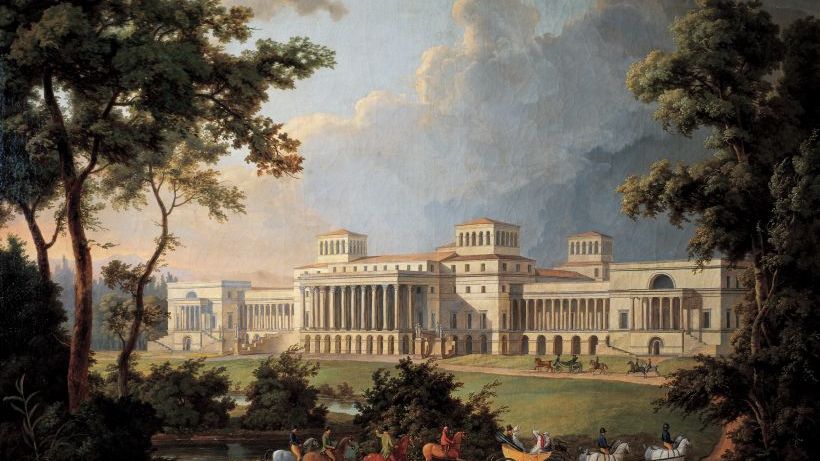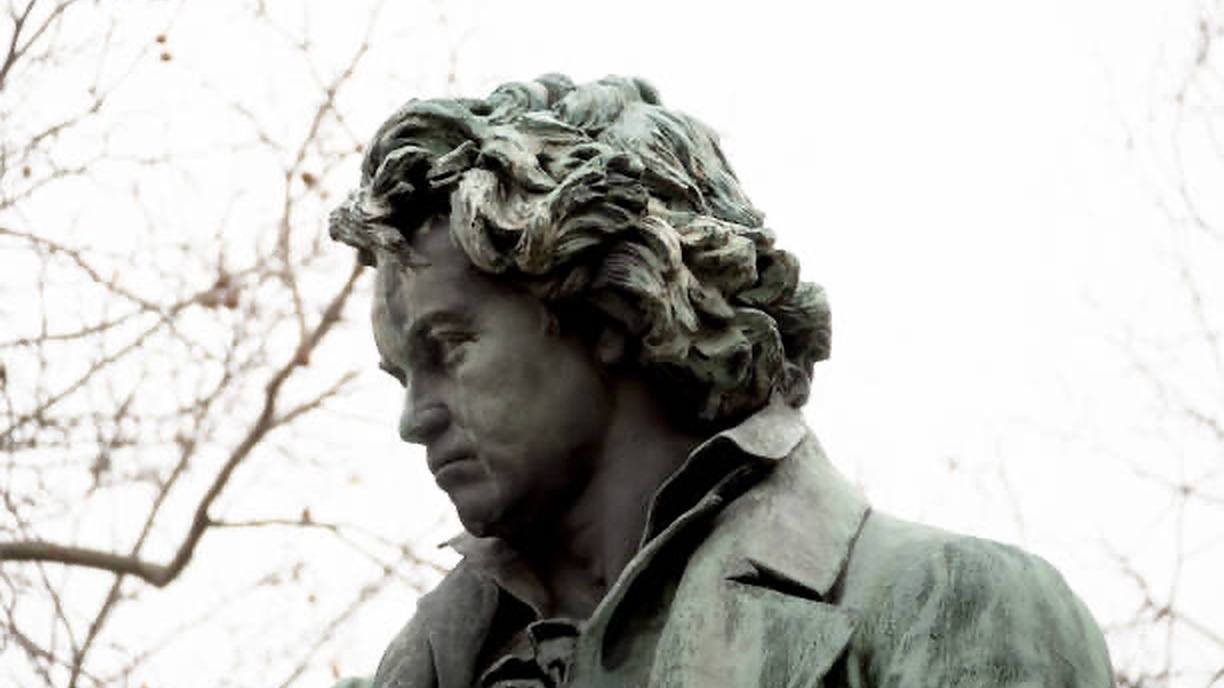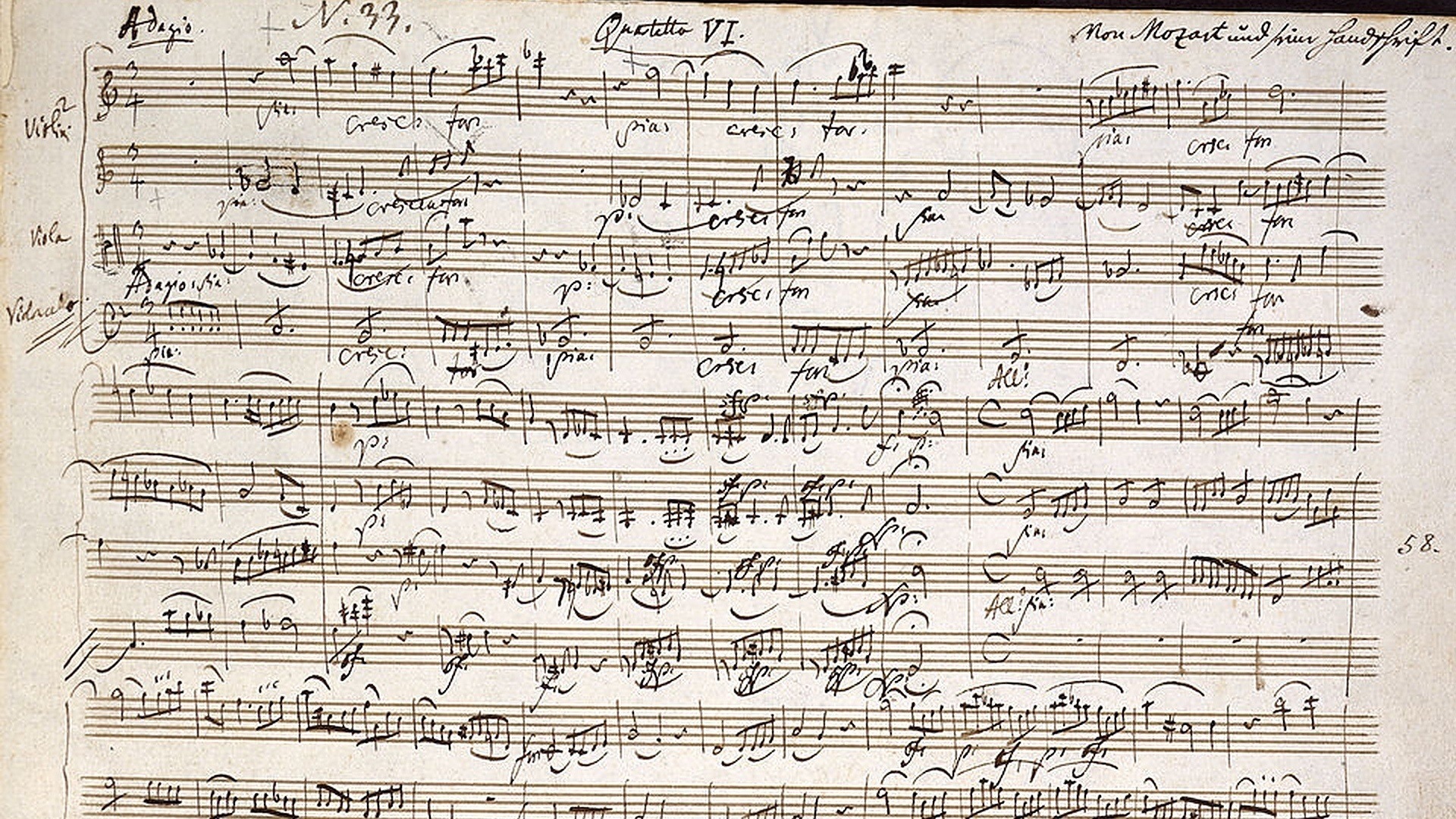Haydn’s Symphony No. 8, “Le Soir”: Brilliant Virtuosity and Good Humor
Haydn’s Symphony No. 8, “Le Soir,” concludes a symphonic triptych (Nos. 6-8) which was inspired by the movement of the sun throughout the day. The first two works in this programmatic series are “Le Matin” (Morning) and “Le Midi” (Afternoon). The three symphonies were first performed during a single evening in 1761 at the Esterházy Palace in Vienna, not at the aristocratic family’s official residence 30 miles outside the city. They marked the beginning …







